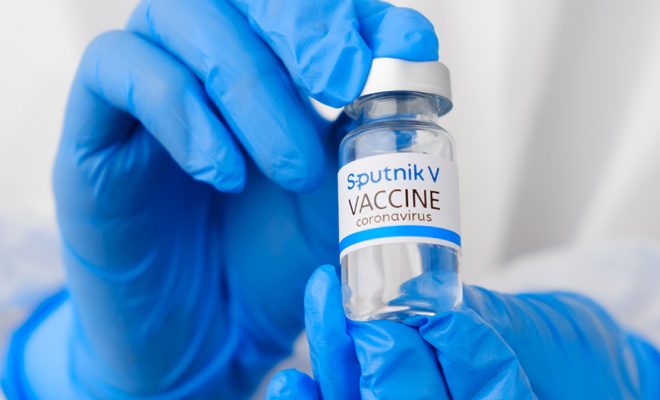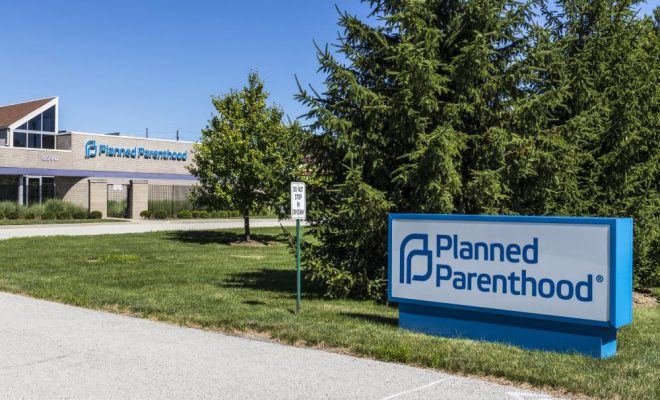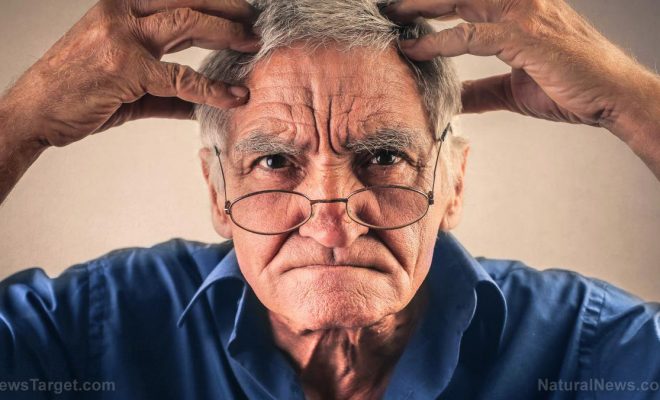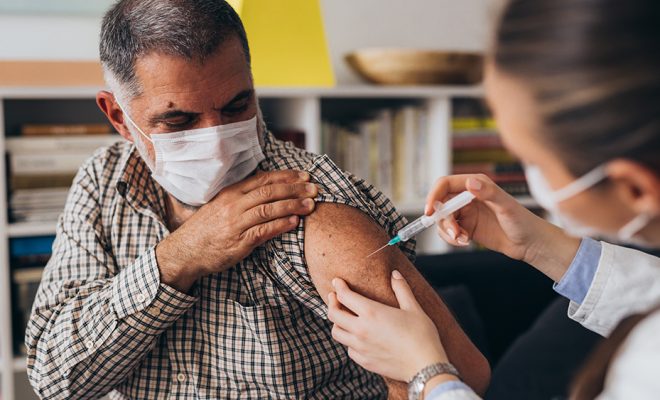J&J coronavirus vaccine shipments halted due to ingredient MIX-UP during production
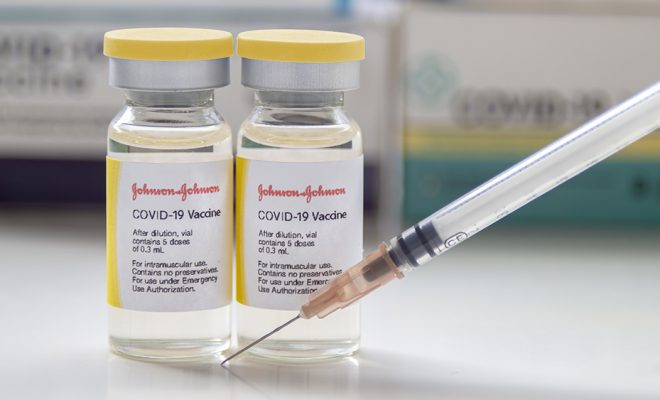
(Natural News) Fifteen million doses of the Johnson & Johnson Wuhan coronavirus vaccine were ruined as a result of the wrong ingredient being added during production. The incident occurred in a factory in west Baltimore which federal authorities flagged for multiple violations. Because of the mishap, delays have been anticipated in the federal government’s vaccine rollout.
A government official said the Department of Health and Human Services (HHS) discovered that Emergent BioSolutions ruined the 15 million doses by adding the wrong ingredient. The company’s Bayview facility in Baltimore is also producing AstraZeneca vaccines. Unfortunately, workers at Emergent accidentally included an ingredient meant for the AstraZeneca jabs in a batch of J&J vaccines.
The HHS official told POLITICO: “It was no secret that Emergent did not have a deep bench of pharmaceutical manufacturing experts.”
J&J acknowledged the gaffe on March 31, saying that the affected batch is unusable and needs to be discarded.
J&J’s vaccine has been viewed as a milestone for COVID-19 immunization programs worldwide. The one-dose jab can be shipped and stored at standard refrigeration temperatures. On the other hand, the two-dose mRNA vaccines by Pfizer/BioNTech and Moderna require sub-zero temperatures for storage and shipping. The 15 million ruined doses would have been enough to fully vaccinate 15 million citizens.
The pharmaceutical giant attributed the incident to human error and added that an earlier batch was not affected by the mishap. The last shipment consisting of 11 million doses came from a facility in the Netherlands. The latest delivery of vaccine doses fulfilled J&J’s goal of providing the U.S. government with 20 million shots by the end of March 2021.
White House officials told the New York Times that the J&J vaccine mishap will not prevent the U.S. from meeting its COVID-19 vaccination goals. President Joe Biden has pledged to have sufficient vaccine doses for all American adults by the end of May 2021.
He previously committed to having 100 million Americans immunized against the Wuhan coronavirus in his first 100 days in office, which was achieved with six weeks to spare.
Emergent repeatedly flagged by FDA for failing to meet manufacturing standards
Emergent and J&J first joined forces in April 2020 to produce the one-dose COVID-19 jab. The drug manufacturer even lauded the lesser-known firm in a statement as an important partner for its goal of supplying more than one billion doses by the end of 2021.
However, the Food and Drug Administration (FDA) described Emergent’s Bayview plant as a testing laboratory that “did not manufacture products.” The facility needed technology and personnel upgrades before it could be allowed to churn out vaccines.
An FDA inspection at the Bayview plant around the time J&J announced its partnership with Emergent revealed more skeletons in the closet. The agency’s lead investigator, Marcellinus Dordunoo, said the company failed to train employees for their respective roles “as part of their function and current good manufacturing practices.” He also flagged the Bayview plant’s failure to protect “electronically held-data generated during analytical testing” from possible deletion or manipulation. Dordunoo noted in his report that Emergent did not address “data integrity concerns.”
Prior to this inspection, the FDA had already pointed out a number of issues with Emergent. A December 2017 inspection of the firm’s Canton, Massachusetts plant found that it had not rectified the presence of “low-level mold and yeast isolates” there. FDA agents also questioned Emergent’s “unwritten policy of not conducting routine audits” at the separate Camden facility, also located in Baltimore.




